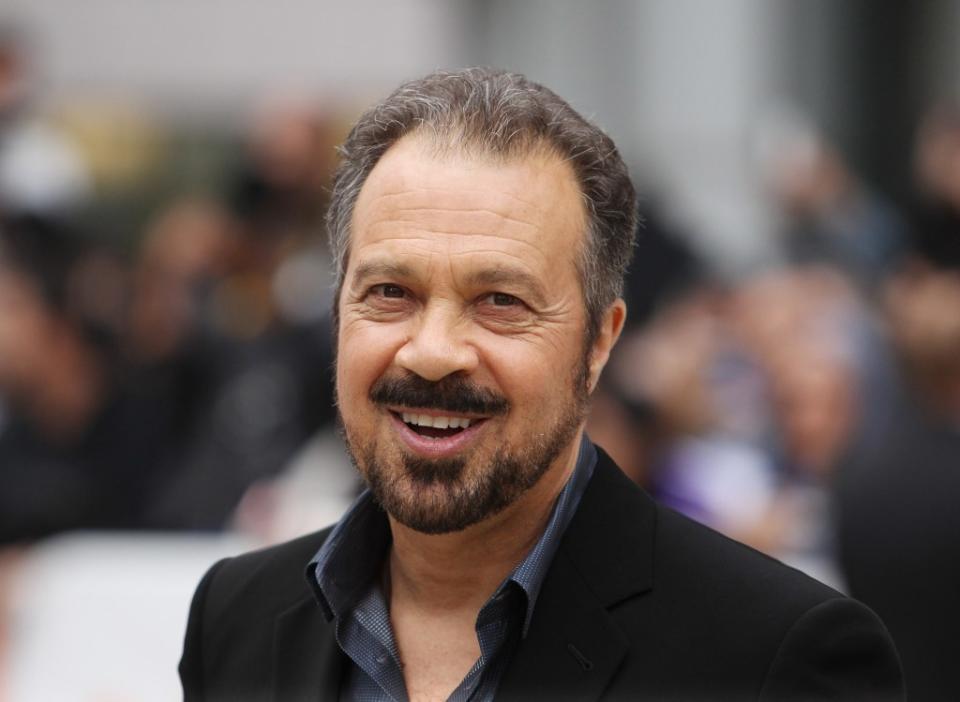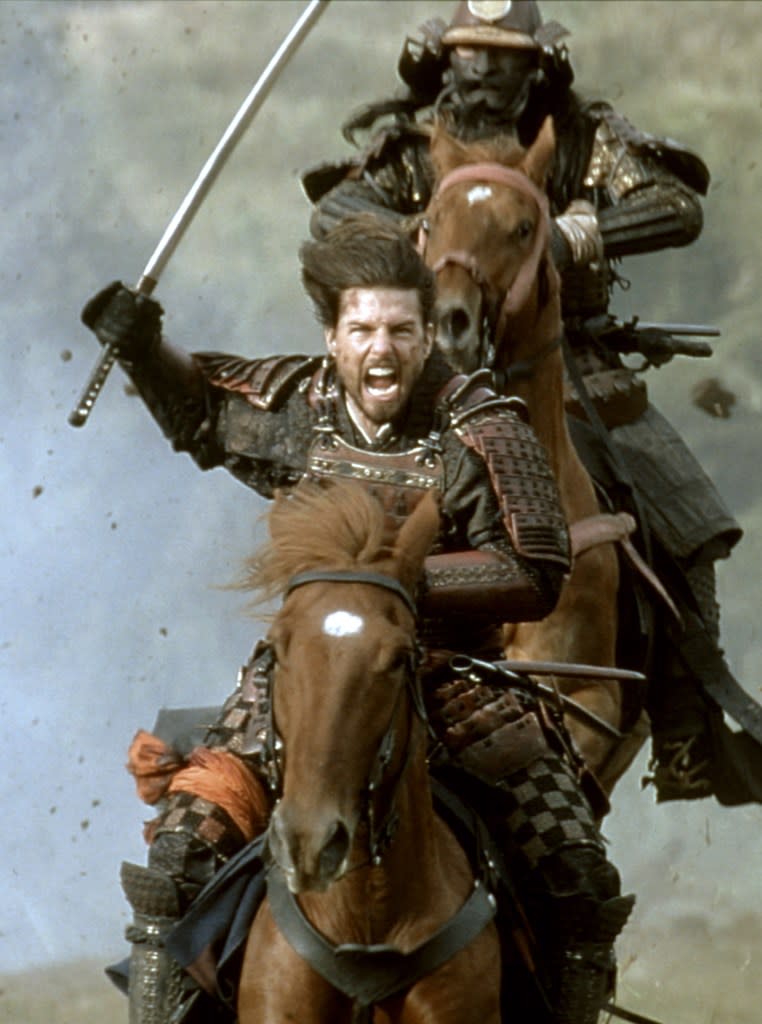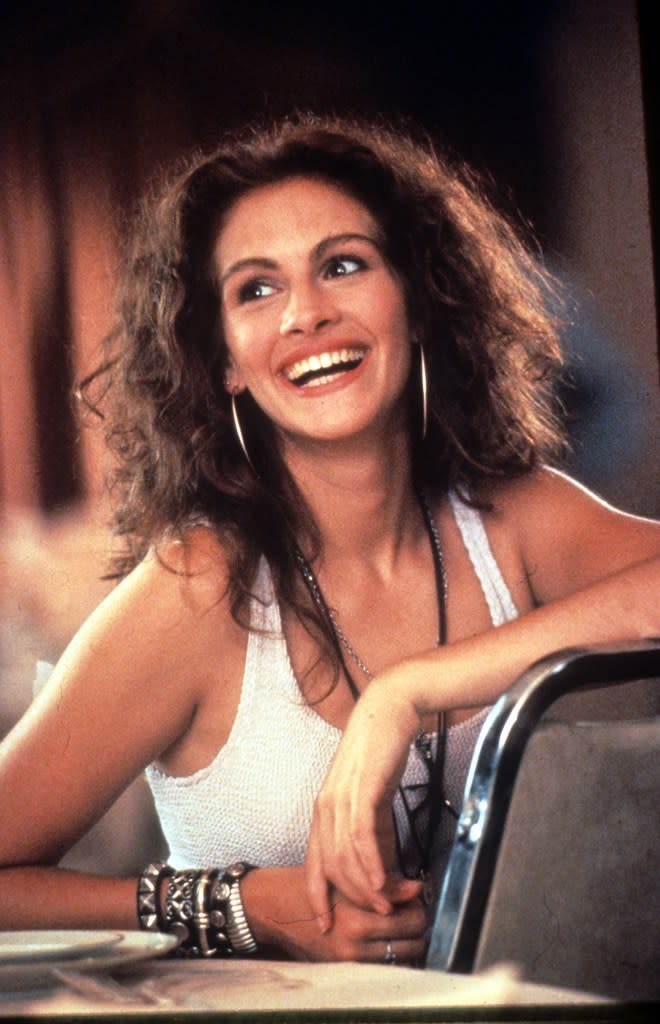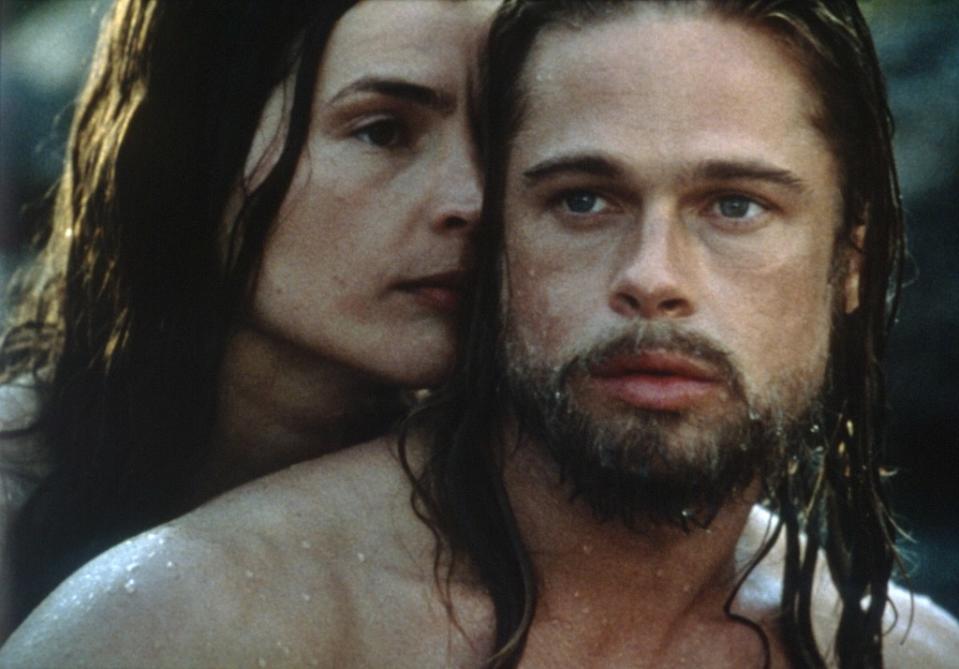Director Ed Zwick, the man who knew all of Hollywood

- Oops!Something went wrong.Please try again later.
- Oops!Something went wrong.Please try again later.
- Oops!Something went wrong.Please try again later.
- Oops!Something went wrong.Please try again later.
- Oops!Something went wrong.Please try again later.
While directing Tom Cruise in the 2003 epic “The Last Samurai” on location in New Zealand, Ed Zwick had just one take to film a scene where Cruise said goodbye to the son of a man he had killed. If they didn’t nail it on the first try, they would lose their light.
Zwick knew Cruise would give his all to produce the reaction Zwick sought. But that was also what Zwick feared — that the actor’s portrayal would feel forced because of his natural intensity.
So Zwick decided not to give the superstar any direction at all.
Instead, he called Cruise over right before the shot and said simply, “Tell me about your son,” referencing Cruise’s then-8-year-old, Connor.
“He looked at me, surprised,” Zwick, a veteran producer, director, and screenwriter, writes in his new memoir, “Hits, Flops, and Other Illusions: My Fortysomething Years in Hollywood,” (Gallery, Feb. 13).
“I knew Connor had just returned to L.A. and Tom wouldn’t be seeing him for a while,” Zwick writes. “For a moment Tom was quiet. And then he began to talk…I watched as he looked inward, and a window seemed to open up and his eyes softened.”

Cruise nailed the scene with, Zwick recalled, “the depth of feeling I had loved in his best performances.”
After the shot, as the light quickly faded, Cruise walked past Zwick and mouthed, “Thank you.”
Zwick’s accomplishments include the television series “Thirtysomething,” which he co-created with longtime partner Marshall Herskovitz, and directing movies like “About Last Night,” “The Siege” and “Blood Diamond.” As a producer, he was nominated for Best Picture Oscars for “Traffic” and “Shakespeare In Love,” winning for the latter film.

Beginning his career as an assistant to Woody Allen and attending AFI film school, where David Lynch was the program’s “strange young man,” he has worked closely with the biggest stars in Hollywood.
He got into screaming fights with Brad Pitt on “Legends of the Fall,” watched a young, little-known Matt Damon go toe-to-toe with Denzel Washington on “Courage Under Fire,” got Anne Hathaway to finally cry in “Love & Other Drugs” by telling her she wouldn’t have to cry, and found Leonardo DiCaprio so dedicated to analyzing his “Blood Diamond” character that his redundancies made Zwick want to “tear my hair out.”
Directing the film “Glory,” he found it a nightmare to work with Matthew Broderick, who, he writes, was so nervous about starring in the film that he subjected the script to countless rewrites, even bringing in his mother, Patsy, to argue on his behalf.

“Patsy was a brilliant woman, a painter and playwright [who never received] the recognition she felt she was due,” Zwick writes. “Although I’m sure she was capable of warmth and charm. I was never treated to that side of her.”
Patsy, Zwick writes, was “contemptuous, demeaning, and volatile,” questioning every one of Broderick’s lines in the film, and trying to change the plot so Broderick’s character was convinced to take action by his mother.
“‘One of her choicer comments was to describe my writing as ‘limp as a penis,’” Zwick writes.
Planning for “Shakespeare in Love,” Zwick had originally lined up Julia Roberts, then 23, to star.
The producer and the A-lister bonded on a flight to London, where Roberts, after several glasses of wine, talked passionately about falling in love with co-stars from ex-fiancée Kiefer Sutherland to Liam Neeson, and how that related to her film choices.
By the end of the flight, Roberts revealed that she wanted Daniel Day-Lewis to play Shakespeare.

The producer knew, however, that Lewis was committed to “In The Name of the Father.”
But Roberts told him, with supreme confidence, that she could get Day-Lewis to star in the film.
The next day, Roberts was an hour late for a casting session for the film’s male lead when she called Zwick to her luxurious hotel suite, where the director found her “flushed and giggly.”
She told him that Day-Lewis had agreed to do the movie, and that he should cancel the casting session.
“I was speechless,” Zwick writes. “I tried not to envision what happened [the previous night]. Had she really managed to beguile him in that Olympian hotel room?”
It was little surprise, then, when Day-Lewis called Zwick later that day, asked to meet, and confirmed that he couldn’t do the film.
Roberts read with a who’s who of acting talent over the next few days including Hugh Grant, Russell Crowe, Rupert Everett, Colin Firth, Sean Bean, and Ralph Fiennes, but her enthusiasm was shattered, her famous smile “nowhere in sight” as she found fault with every actor.
She dropped out of the film soon after.

While his dealings with A-list stars caused him stress over the years, it was all part of an unusually complex relationship that only A-list directors can truly relate to, and that gave him a career of cherished memories and exhilarating creative output.
“To be a director is to be a changeling,” Zwick writes.
“I have played both good cop and bad, psychoanalyst, flirt, camp counselor, drug counselor, scourge, tutor, BFF, coach, con artist, confidant, and co-conspirator. Also, a heartless son of a bitch.”

